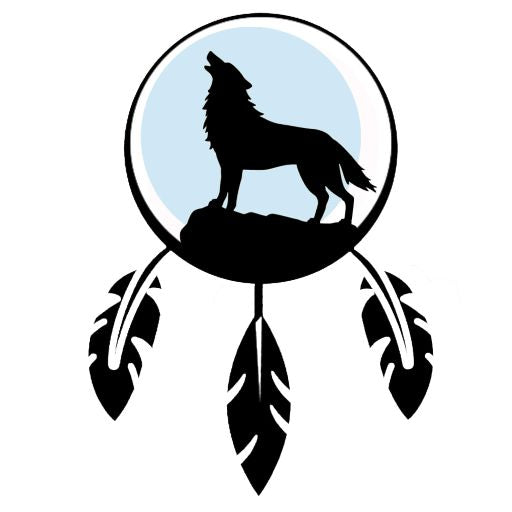What are the 11 indigenous nations of Quebec?

Quebec is home to a rich diversity of Indigenous nations, each with its own unique language, history, and traditions. In total, 11 recognized nations form the Indigenous cultural fabric of the province. They are primarily divided into two major linguistic groups, the Algonquian and Iroquoian, with a significant Inuit presence in northern Quebec. Here is an overview of the Indigenous nations of Quebec and their locations.
The Algonquian nations
1. Anishinaabe (Algonquins)
Located primarily in the Outaouais and Abitibi-Témiscamingue regions, the Algonquins have a long history in these areas. Their language, Algonquin, is central to their identity.
2. Atikamekw
Living mainly in the Upper Mauricie region, the Atikamekw are known for their close connection with the forest and nature, which play a central role in their traditional way of life.
3. Cries (Eeyou)
The Cree are settled in the James Bay region, known as Eeyou Istchee. They are one of the largest Indigenous nations in Quebec and continue to promote their vibrant culture.
4. Innu (Montagnais)
Spread across the North Shore and Saguenay-Lac-Saint-Jean, the Innu have a culture marked by a rich oral tradition and a history linked to hunting and the fur trade.
5. Maliseet
Living mainly in the Lower St. Lawrence, the Maliseet are few in number in Quebec, but they play an important role in preserving their language and ancestral culture.
6. Micmacs (Mi'kmaq)
Settled on the Gaspé Peninsula, the Mi'kmaq are known for their maritime skills and their dynamic culture, rooted in their relationship with the sea.
7. Naskapis
Living in northeastern Quebec, near the Labrador border, the Naskapi have a rich history and a traditional way of life centered on hunting and fishing.
The Iroquoian nations
1. Mohawks
The Mohawks are primarily settled in the communities of Kahnawake, Kanesatake, and Akwesasne, near Montreal and on the Ontario border. Their culture is centered on a strong sense of community and political organization.
The Inuit nation
1. Inuit
The Inuit live in the Nunavik region of northern Quebec. Their way of life is closely linked to the Arctic climate, and their culture continues to evolve despite the challenges posed by climate change.
Another recognized nation
1. Huron-Wendat
Primarily located in Wendake, near Quebec City, the Huron-Wendat have a long history of resilience. Their culture and language continue to thrive in the region.
The Indigenous nations of Quebec are an essential part of the province's cultural heritage. Their linguistic and cultural diversity enriches not only Quebec, but also the rest of Canada and the world.
Sources:
Government of Quebec - Secretariat for Indigenous Affairs : Information on Indigenous Nations in Quebec.
Source: affairsautochtones.gouv.qc.ca
Assembly of First Nations Quebec-Labrador : Profile of Indigenous Nations.
Source: apnql.com
Library and Archives Canada : History of the Indigenous Peoples of Canada.
Source: bac-lac.gc.ca
